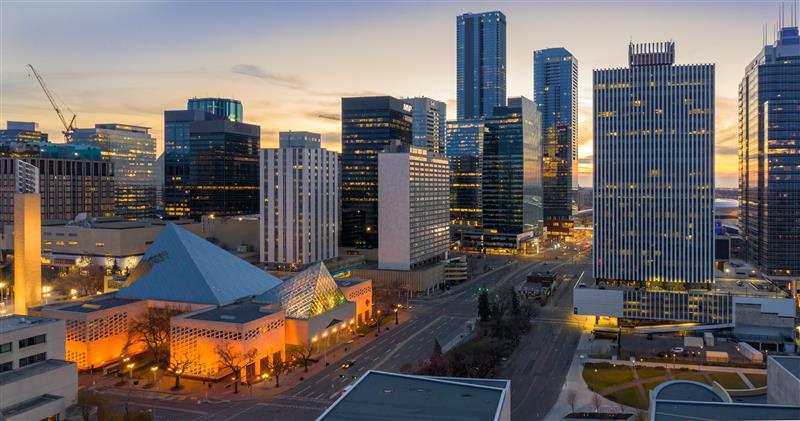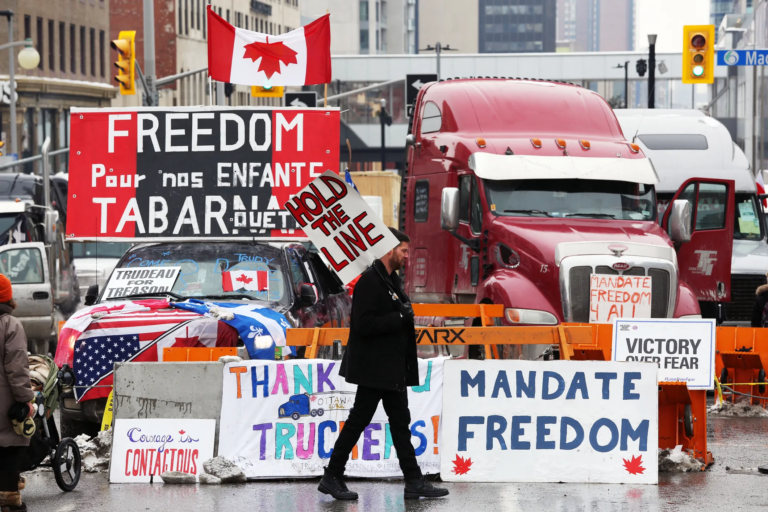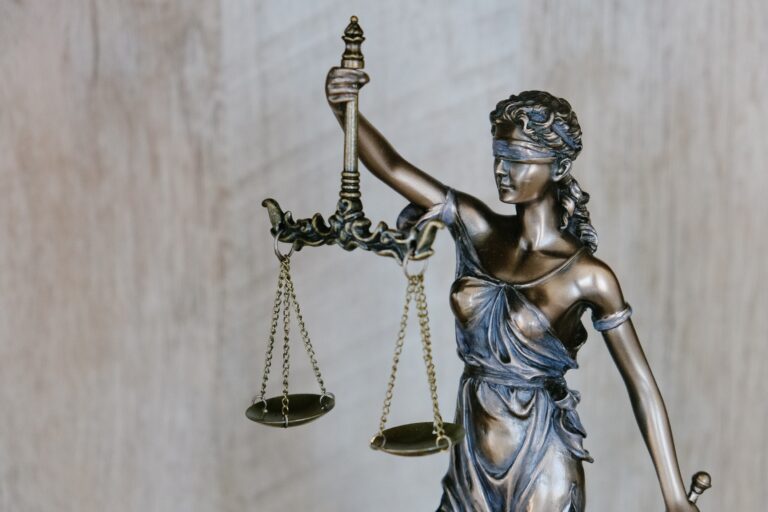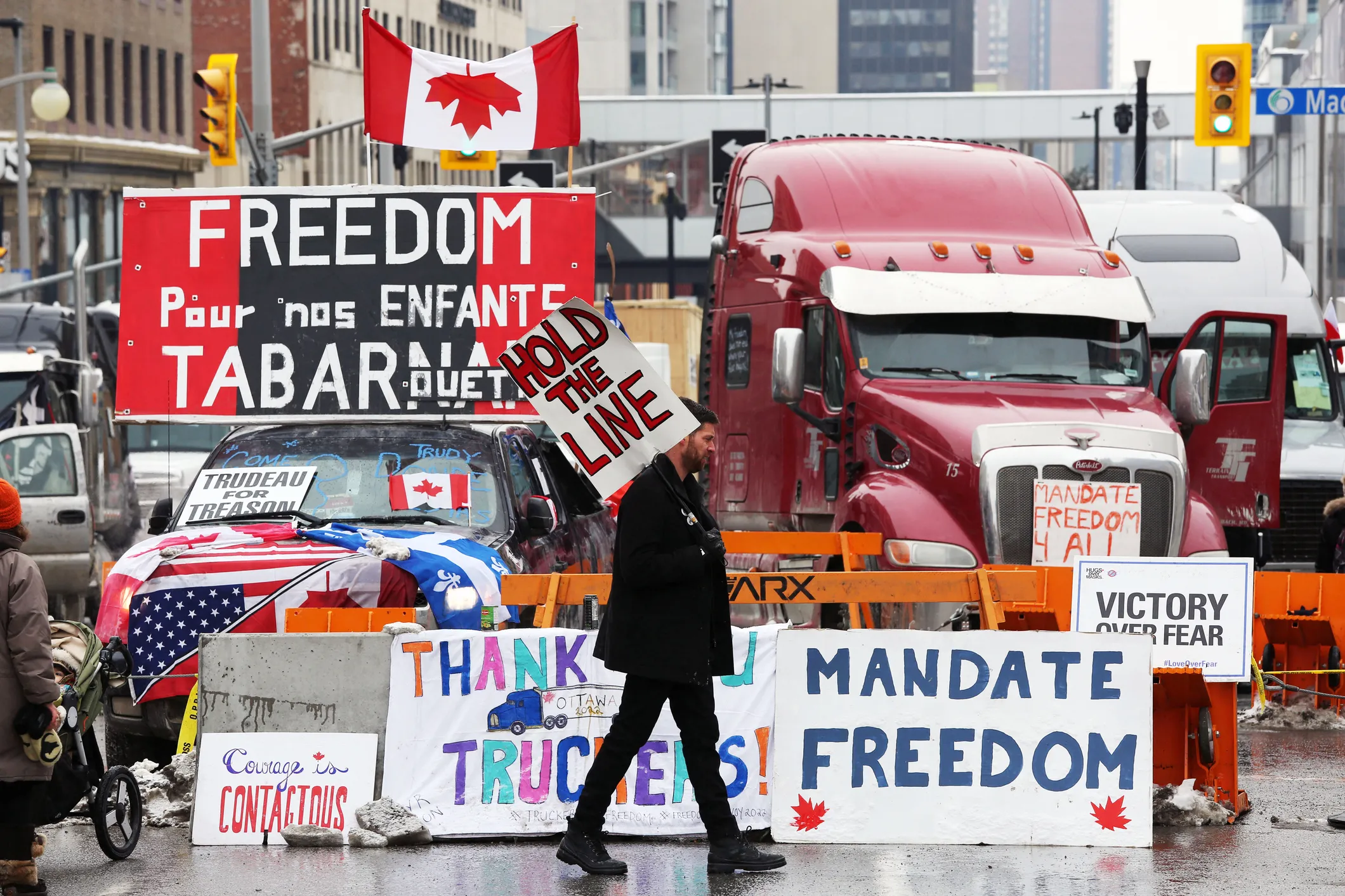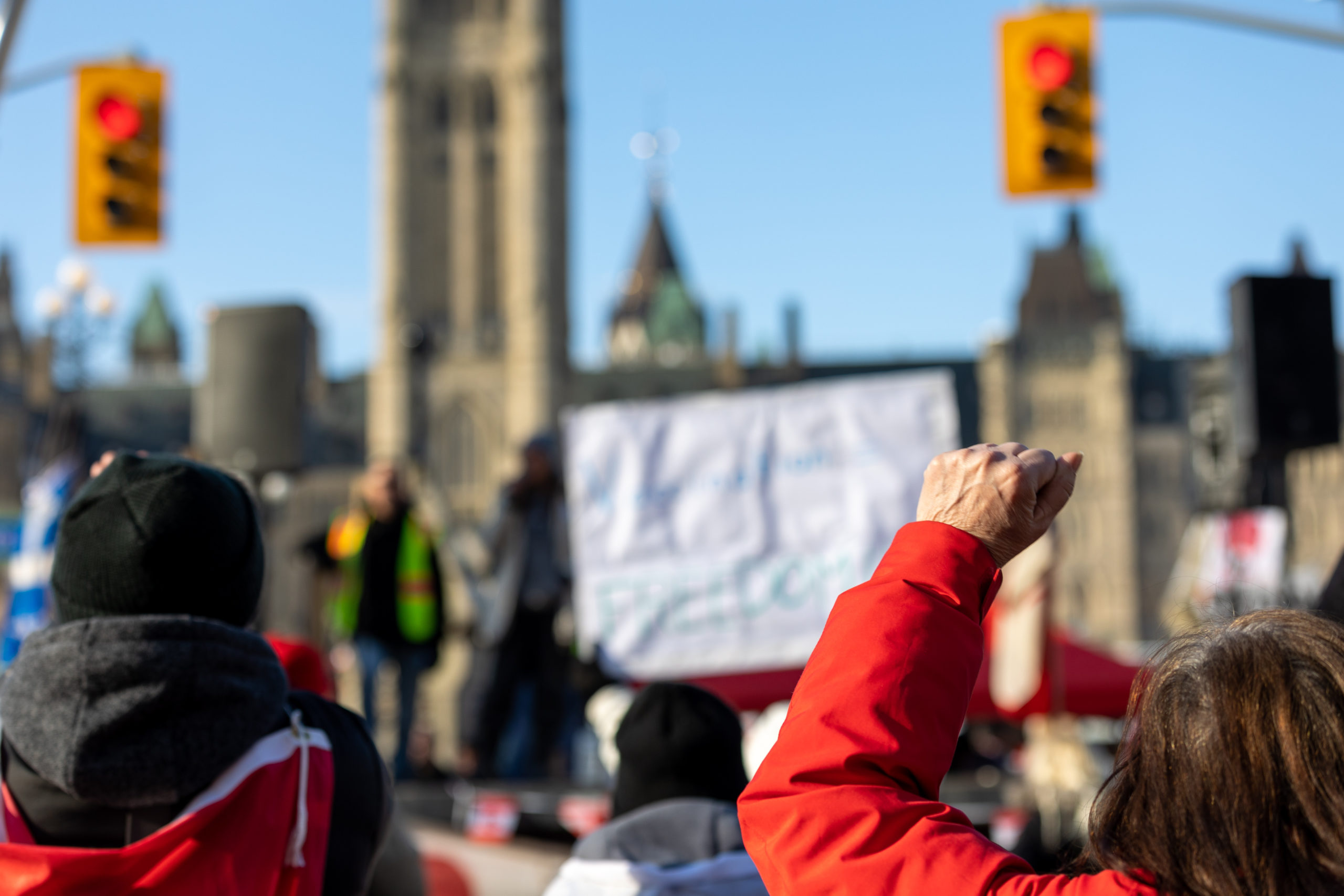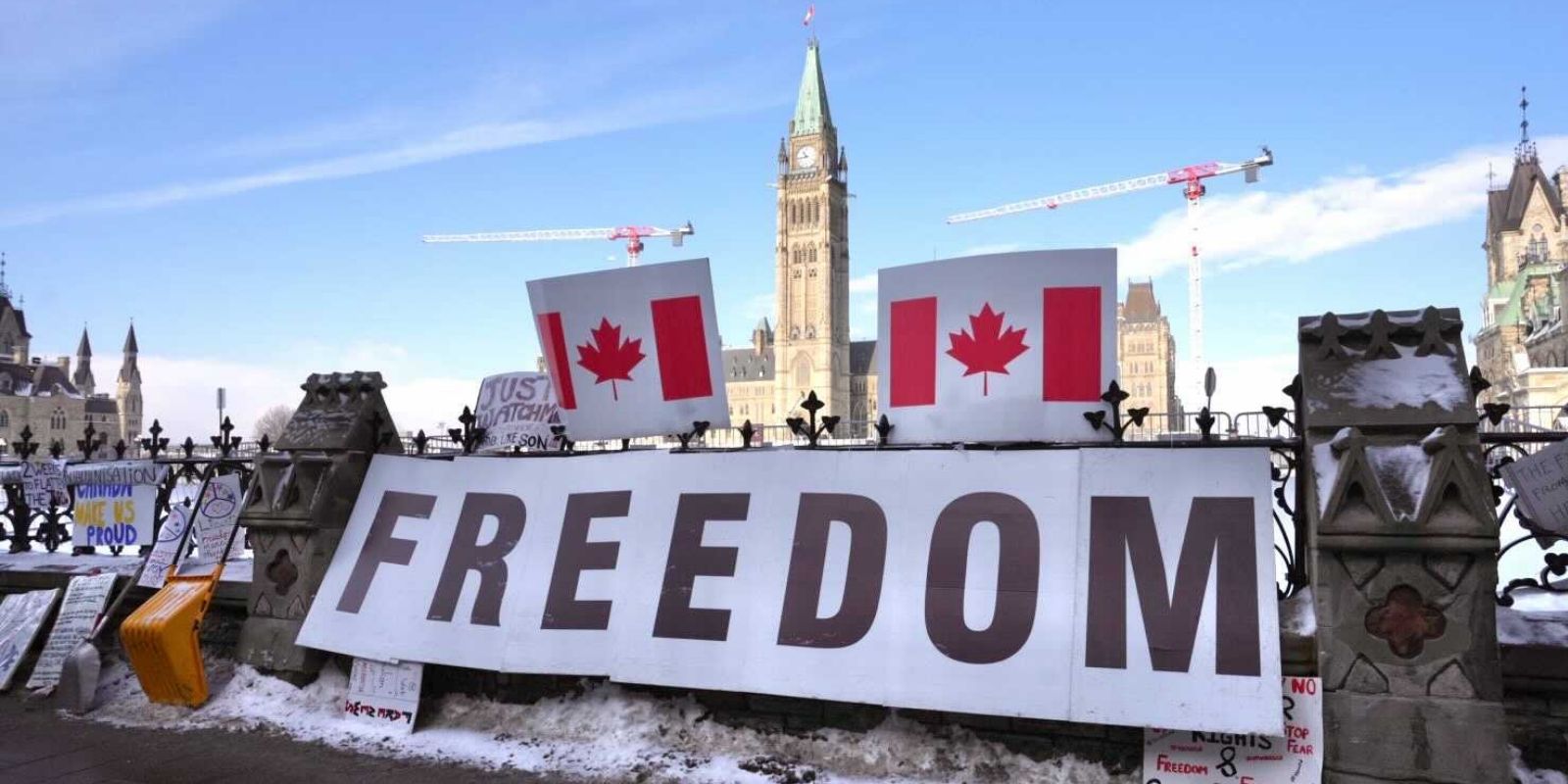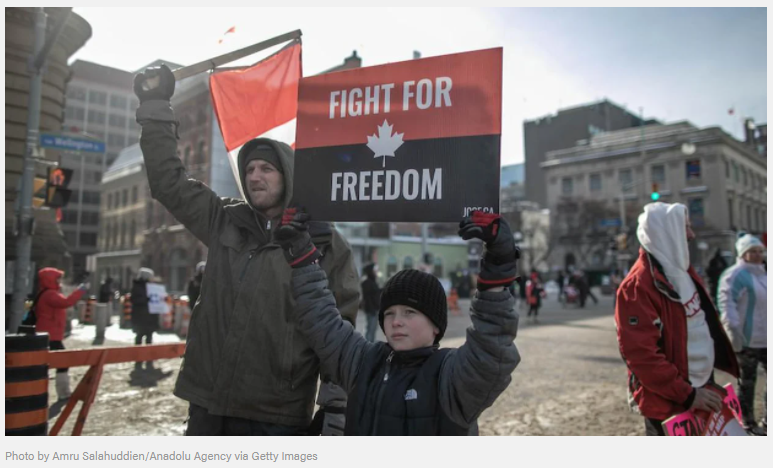The City Council of Edmonton, Alberta, approved a new Public Spaces Bylaw on February 25, 2025, that will take effect on May 12, 2025.
Just prior to its passing, on February 21, 2025, a lawyer provided by the Justice Centre for Constitutional Freedoms sent a legal warning letter to the Mayor and Council, warning that the Public Spaces Bylaw regulating public protests and gatherings will violate Charter rights and the rule of law. The letter states, “…the Bylaw is not merely legally suspect – it is anathema to Canada’s constitutional order. It violates key constitutional principles including: the rule of law; federalism; democracy; and the fundamental freedoms guaranteed to Canadians under the Canadian Charter of Rights and Freedoms.”
The Public Spaces Bylaw restricts freedom of expression and peaceful assembly
The bylaw, officially titled “Public Spaces Bylaw 20700,” sets out the conditions under which public protests are permitted. In addition to the bylaw’s unconstitutional restrictions on freedom of expression and peaceful assembly, the letter warns that the bylaw is illegal in numerous other respects, including its restrictions on making people “worried” and the express direction that it be enforced in a discriminatory way (including discrimination based on racial and other personal or group characteristics).
The bylaw requires a permit for any gathering with over 100 people, whether planned or spontaneous, for any reason and in any environment. The letter asserts that this is overbroad and a direct violation of the right of the freedom of expression and of assembly. “While some kind of requirement may be reasonable in a situation like a march on roadways to disrupt traffic, it is clearly unreasonable to infringe constitutional rights with respect to almost every gathering, almost everywhere, at any time,” stated constitutional lawyer Glenn Blackett.
Edmonton’s Public Spaces Bylaw gives near total control to the City Manager
The proposed bylaw goes on to state that the City Manager has sole discretion in issuing these permits and imposing conditions, and yet there are, effectively, no guidelines as to how that power ought to be exercised.
“The result of this is that the bylaw ends up not being ‘the rule of law,’ but instead becomes ‘the rule of the City Manager,’” continued Mr. Blackett.
Permits could be invalidated automatically at any time, and this would leave gathering participants, as the letter states, “uncertain from moment-to-moment whether or not the permit remained valid.” The result would be “an impermissible ‘chilling effect’ on the robust exercise of constitutional freedoms.”
The Bylaw strikes at the heart of democratic, social and scientific dissent
Regarding the restrictions on making people upset, the bylaw bans “harassment” and “inappropriate behaviour.” The bylaw defines “harassment” as behaviour that makes another person “troubled” or “worried” or a comment that is “unwelcome.” Mr. Blackett remarked, “This strikes at the heart of democratic, social and scientific dissent. A free society depends on the ability to express things that will most certainly cause feelings of worry or trouble. That’s the nature of meaningful civic dialogue. The City seems to be trying to turn the whole City into a ‘safe space.’ That’s folly. There is no freedom or democracy in a ‘safe space’.”
The City’s apparent intention is to enforce the bylaw according to “equitable” “enforcement discretion,” which is contrary to the rule of law. “Enforcement discretion” is not new. Every police officer makes decisions in the field about who to approach, who to warn, and who to charge. But included in the City’s materials supporting the proposed bylaw is an analysis which examines the diversity, equity and inclusion implications of enforcement. The analysis recommends, in the name of “equity” that the bylaw be applied by discriminating on the basis of race, income, etc.
The public has a right to have laws they can readily understand
“To know how the bylaw applies to them, it seems citizens will literally need to consider their own skin colour, sexuality, religion, and income. That’s not only un-Canadian, it’s a violation of the rule of law: we should know what the law is by reading it – not by reading it, taking a genealogy test, and then thinking through a bunch of ideological gobbledygook,” stated Mr. Blackett.
Mr. Blackett concludes, “The Mayor and Council need to remember that we live in a liberal democracy. As laudable as it is to be compassionate for marginalized communities, there is no compassion in undermining freedom.”
On March 24, 2025, Edmonton’s Mayor Amarjeet Sohi was granted unpaid leave by the City Council so that he could stand as a candidate for the Liberal Party of Canada in the April 28, 2025, federal election.
We are still awaiting a response from City Council.

